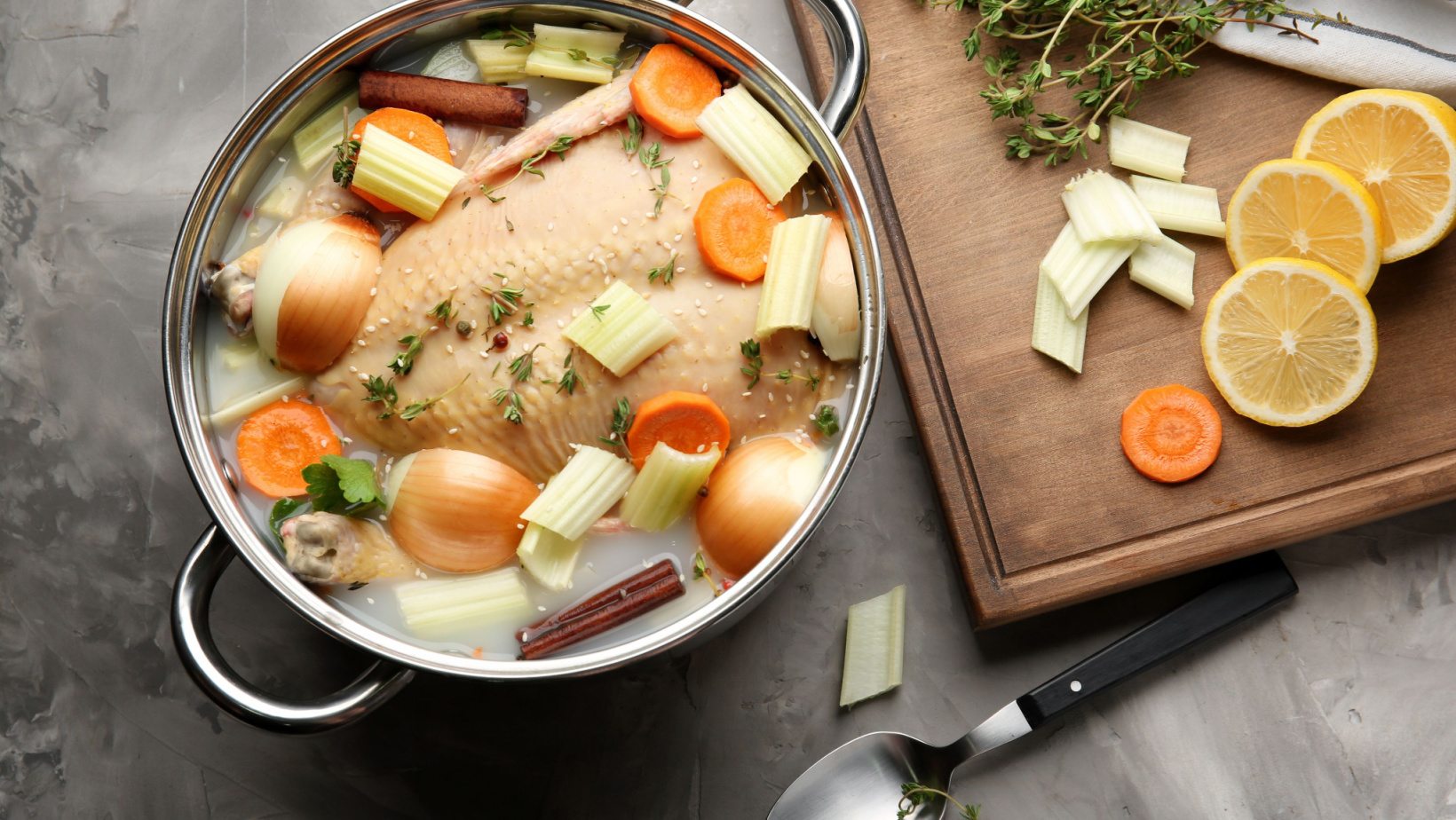The Struggle:
If you’ve been following us for the past year or so you know that we love sodium tripolyphosphate. This ingredient allows us to make the best chicken nuggets, sausage, and even a McRib clone. Knowing what we know about sodium tripolyphosphate we decided to do a little experiment. Sodium tripolyphosphate affects meat in such a way that it allows proteins to retain more water. We wanted to see if we could take a lean cut of chicken and brine it using a small amount of sodium tripolyphosphate. We wanted to see if the chicken would retain more water than a control. Also we conducted tests with plain tap water, and a 1% salt water Brine. The question is, will sodium tripolyphosphate improve the water retention in meat when using a brine? Lets find out
“ Does sodium tripolyphosphate improve water retention in meat when using a brine?”
Juicy?
We conducted a very simple test. We took four pieces of meat and attempted to brine them. Our control was a 100 g piece of lean chicken breast in 100 g of tap water. This is not something that you would generally do but we wanted to see how much water the chicken would absorb if any. For this test all of the meat and water weights were the same. The second test was 0.1% of sodium tripolyphosphate to the water and chicken in a brine. The third was 1% salt to the total weight of the water and chicken. And the fourth was a combination of sodium tripolyphosphate (0.1%) and kosher salt (1%). All of these samples were placed into vacuum seal bags and sealed under the same conditions. Then they were refrigerated for 18 hours to allow the brain to hopefully penetrate the meat. The findings are as follows.
After 18 hours all the pieces of chicken were removed and dried on paper towels for five minutes before weighing. The control piece of chicken was 100g. This means that it retained no more water than it did when it went inside the bag. The sample that contains only 0.1% sodium tripolyphosphate also weighed 100 g. This shows that the sodium tripolyphosphate does not allow the chicken to retain moisture on its own. It has been proven that sodium tripolyphosphate does allow chicken to retain moisture when emulsified in a sausage or a chicken nugget. The final two tests also weighed 100g upod removal from the bag. So what does this tell us? This means that neither the salt nor the sodium tripolyphosphate made the chicken absorb water from the brine.
The final part of this test would be to cook the chicken under the same conditions to see if they lost the same amount of water. All pieces of chicken were cooked in a pan at 315°F until they reach an internal temperature of 165°F. They were then allowed to rest for five minutes before being weighed. The control piece of chicken lost 30% of its total weight. Starting at 100g and finishing at 70g. This was the same for the sodium tripolyphosphate. But there is a light at the end of the tunnel. Both the salt water brine and the salt/sodium tripolyphosphate brine helped the chicken retain water as it was cooked. Both of these tests allow the chicken to retain 6% more water. Starting at 100 g and finishing at 76 g apiece. This shows that the sodium tripolyphosphate does not affect brining. When the pieces of chicken were tasted they were all very similar although both brined pieces of chicken had a very slight change in texture. This is most likely due to salts’ effect on proteins. For context salt tightens proteins and can give them a slightly chewy texture. The best example is the difference in texture between a burger and a sausage patty.
In conclusion we believe that sodium tripolyphosphate has great benefits when it is added to force meats. But we do not suggest attempting to add it to a brain to increase water retention. If you would like some great sodium tripolyphosphate recipes click here, and until next time keep cooking.



2 Comments.
What is the the exact amount of calcium chloride or calcium lactose required to create a skin on my sausages ?
I’m trying to recreate the effect you demonstrated in the YouTube video. TIA
Hi Don, we have the full recipe right here with exact amounts. https://blog.modernistpantry.com/recipes/plant-based-sausages/